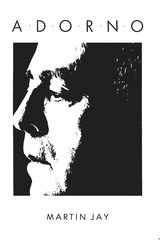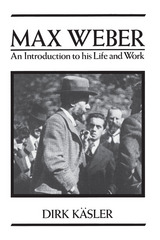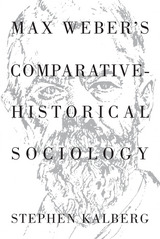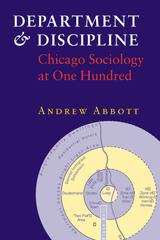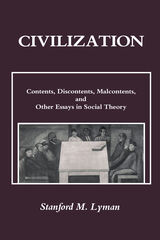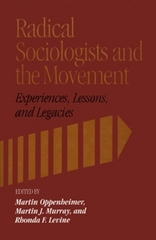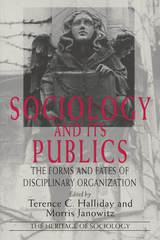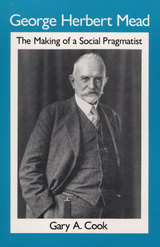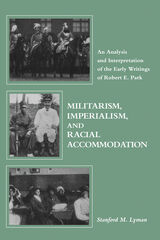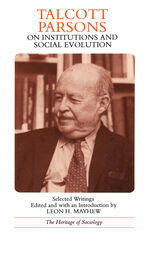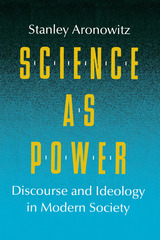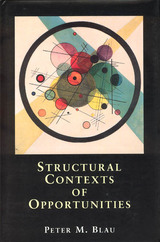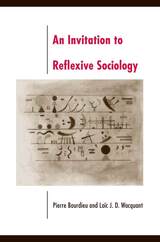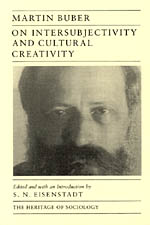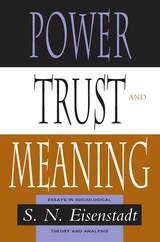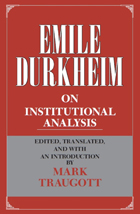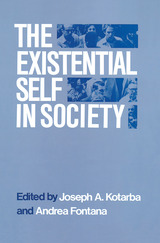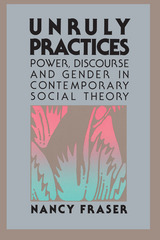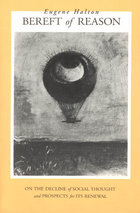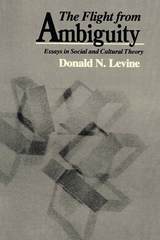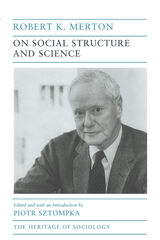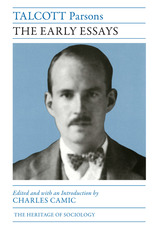Structural Contexts of Opportunities
University of Chicago Press, 1994
Cloth: 978-0-226-05729-3
Library of Congress Classification HM24.B554 1994
Dewey Decimal Classification 305
Cloth: 978-0-226-05729-3
Library of Congress Classification HM24.B554 1994
Dewey Decimal Classification 305
ABOUT THIS BOOK | TOC
ABOUT THIS BOOK
The distinguished sociologist Peter Blau has opened up a variety of fields with brilliant contributions, ranging from research on social networks of small groups and quantitative studies of formal organizations to more synoptic investigations of populations and the large scale structures which hold them together. In this capstone to a prolific career, he has brought together these concerns to form a wide ranging theory of population structures and their influence on social life—from opportunities in job choice and social mobility, to organizational participation, and intergroup relations.
Blau begins by outlining the influences of population structures on intergroup relations and then examining the implications these influences have on occupational opportunities. He looks at the many groups within which an individual is likely to socialize—family, ethnic group, socioeconomic class—and the distance away from these groups an individual is likely to move. Blau demonstrates how such factors affect social mobility, which, in turn, influences membership and structures several types of organizations.
Blau then moves on to interpersonal relationships and analyzes the social exchanges in them that reveal the ultimate effects of ethnic, socioeconomic, and other aspects of population structures. He defines two types of power: influence in direct interpersonal exchange, and large-scale domination (economic or political) of groups without personal contact.
Blau begins by outlining the influences of population structures on intergroup relations and then examining the implications these influences have on occupational opportunities. He looks at the many groups within which an individual is likely to socialize—family, ethnic group, socioeconomic class—and the distance away from these groups an individual is likely to move. Blau demonstrates how such factors affect social mobility, which, in turn, influences membership and structures several types of organizations.
Blau then moves on to interpersonal relationships and analyzes the social exchanges in them that reveal the ultimate effects of ethnic, socioeconomic, and other aspects of population structures. He defines two types of power: influence in direct interpersonal exchange, and large-scale domination (economic or political) of groups without personal contact.
See other books on: Intergroup | Macrosociology | Opportunities | Social structure | Sociology
See other titles from University of Chicago Press

